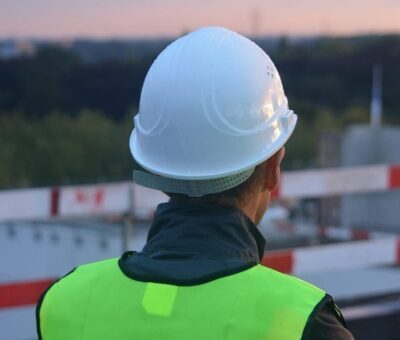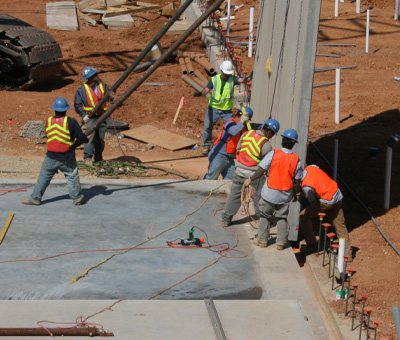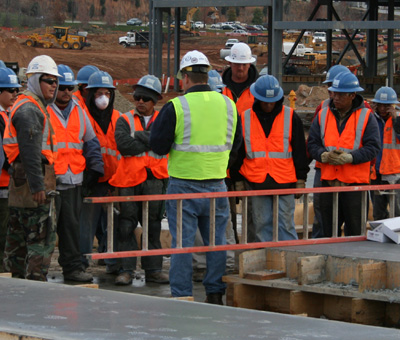The construction industry already poses a significant number of challenges to workers within it. Being required to display consistent physical and mental resilience can take a toll on workers, often leading to the emergence of deeper, less visible mental health struggles that can be all-encompassing at times. Recently, a number of companies have invested more and more of their efforts into solidifying mental health initiatives for their workers. Is it time to do the same for the construction industry?
Mental Health Struggles and Their Impacts
Working in construction is more physically and mentally demanding than many other industries can be. Construction workers are expected to work longer than the standard nine to five hours, all while physically exerting themselves near constantly. Making this more stressful are the strict deadlines that are often attached to projects, increasing pressure on workers and lessening the overall concern towards proper safety procedures being followed. Economic uncertainty in recent years and the preventative measures introduced during the COVID-19 pandemic have only accentuated said struggles, adding even more pressure onto an already stressful job. All this can lead to fractured communication, physical injury, an increased amount of stress, and sleep issues.
Seeking out support for these issues is made even more difficult by the general culture of the construction industry, which places an emphasis on toughness and physical strength, discouraging many from speaking up about their issues. As such, workers may turn to addictive substances or even contemplate suicide, leading to consistent, unspoken troubles that effect both their work and their personal lives. Productivity and safety compliance go hand-in-hand with a worker’s health, which has become a strong talking point for the industry in recent years.
How Can This Be Mitigated?
Creating a supportive culture starts at the top. Supervisors, managers and even CEOs can encourage a more open culture by investing in potential solutions, such as the implementation of employee assistance programs, training on the topic of mental health, or even the simple encouragement of open conversation. Training supervisors to recognize potential signs of stress and openly discuss such topics with employees is particularly valuable in ensuring the continued mental health of workers. Supervisors can choose to implement mental health check-ins and provide outside resources to further encourage discussion and reduce the stigma towards discussing mental health issues.
It takes substantial effort to implement these policies and reduce the commonly held stigma against discussing mental health – but addressing the issue is essential. Creating a more supportive culture in construction will not only help your workers – it will help your company.








